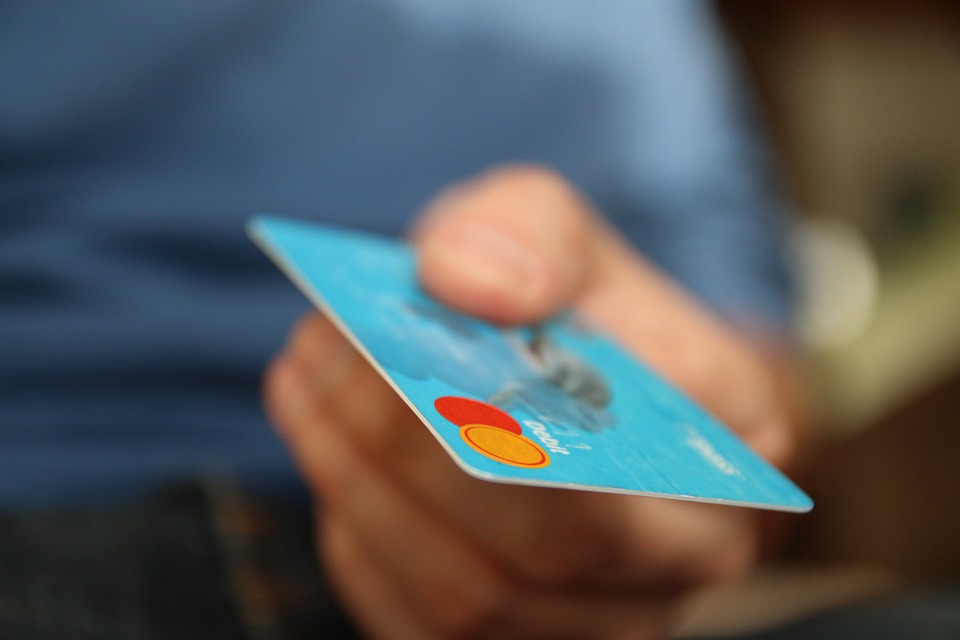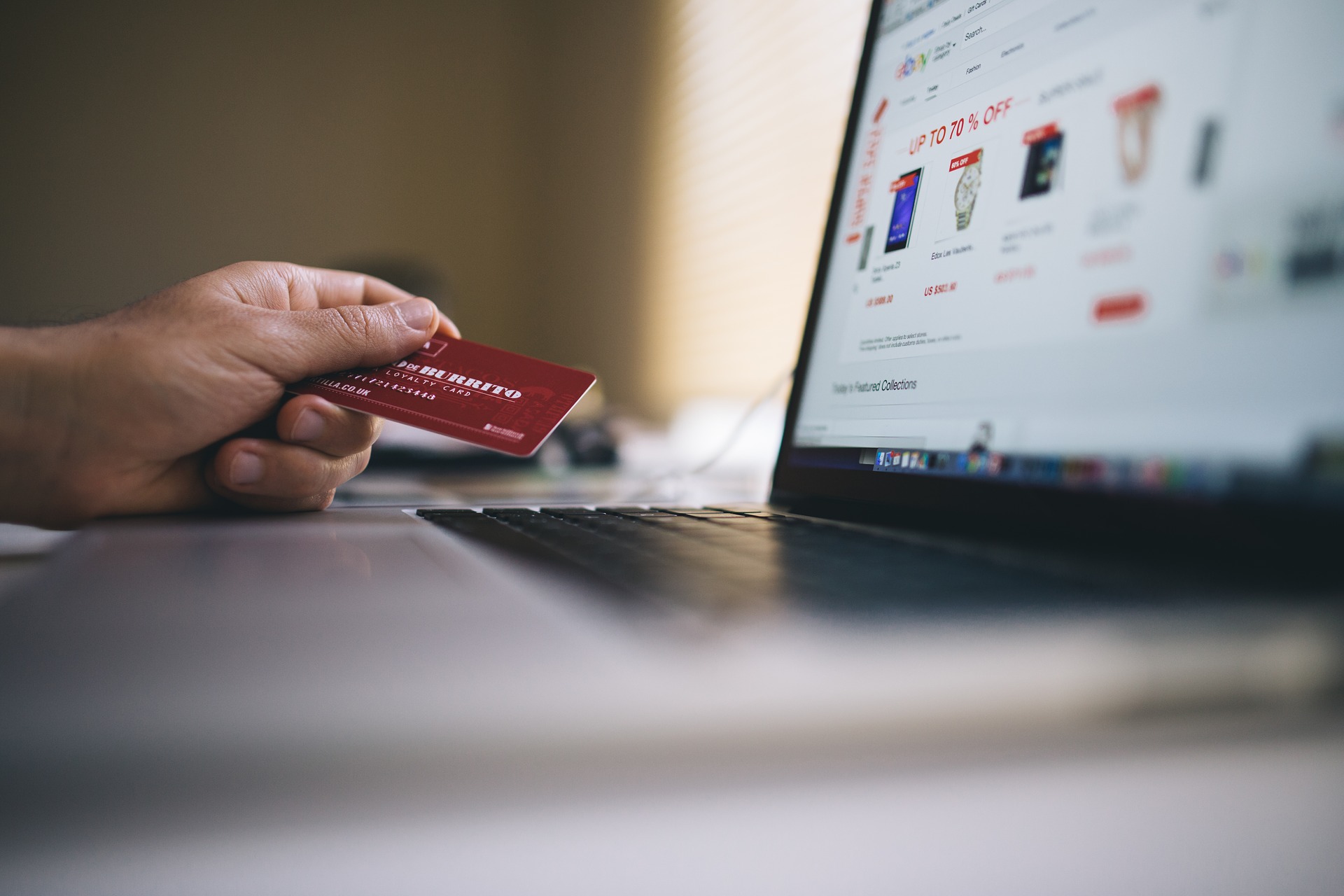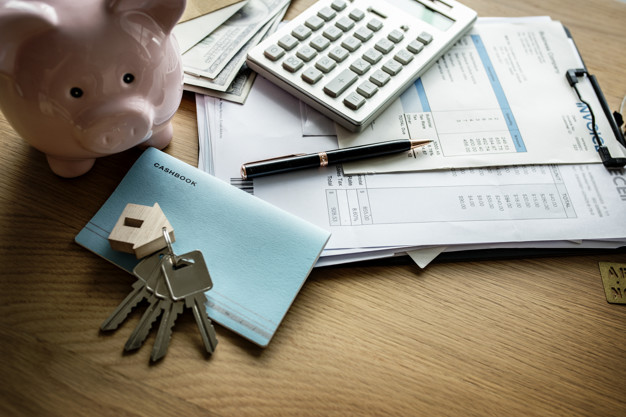It’s a myth that you have a single credit score.
You probably know that your three-digit credit scores based on the information of your credit reports are a major factor in deciding whether you get a loan or not.
Your credit score can influence everything; from interest rates to your rentals, premiums, and even job eligibility too. Also, the interest rate you are going to pay for loans, mortgages, and credit cards is determined by this score.
When you have a good credit score; the lenders easily lend you the money that too at lower rates than others.
Your credit scores are not static and improving it can take time; from a year to two years- depending on the kinds of changes needed to be made. With the interest rates going high every day; it is essential to get started for improving your credit score if it is not high as it should be. Here are the five smart ways, which you can use to boost your credit score quickly and in an efficient manner.
Check Your Credit Reports
With so much running in your previous credit history; now, it’s a good time to get your credit report from the best credit bureaus, which will make sure that your report is correct and is reflecting your proper borrowing activities.
If you find an error in any of the reports, you have to go through all the necessary steps of removing it. Start by calling the credit bureaus to report them the wrong information and by asking them to update it in your account.
Your credit score will considerably improve just be getting the negative information corrected.
Pay your Bills on Time
Well, your payment history reflects 35% of your score.
Not paying the bills on time is the biggest influence on your credit card score. Lenders report a late payment to the credit bureaus once the thirty days have passed from the bill’s due date. Also, one late payment stays on your credit report for seven years.
To avoid, keep an eye on all your credit card bills and set your important payments to auto-pay so that your mandatory bills are always paid. You need to pay you all the dues on time to improve your credit score in a matter of months.
Read also: Credit Card Fraud & The Holiday Season: Things To Consider For Next Year
Eliminate Credit Card Balances
Credit card balances come under the category of bad debt. Make a proper and step by step plan to waive off your credit card debt and overall utilization. One way is to make use of the 0% balance transfer offer. Another way is to use a personal loan to pay off your accumulated credit card debt. Loans and transfers work as a great option if you use the promotional period to pay the debt.
At last, you can gather all the credit cards and pay all the small balances off. Paying all your credit card will also reduce the amount of interest you are paying every month.
Don’t Apply for a New Credit
Whenever you apply for a new loan or credit, it generates a new entry on your credit report. Credit report entries are only the way how lenders come to know that you have been applying for the credits.
So, if you’ve applied for new credit; there is nothing you can do rather than waiting for them to disappear as these inquiries stay on your report for two years. It is recommended that you should not apply for new credits when trying to improve your credit score.
Even a small change can mean big improvements.
Keep your Old Accounts Open
Keeping your old accounts work will help you keep long credit history on your report. If you had debt on your old accounts and you have handled and paid it well makes good for your credit report.
It is very important to get the highest credit score possible as it has a huge effect on your financial life. Also, everyone’s score is unique, so there is no hard set of rules to improve your credit score.






















